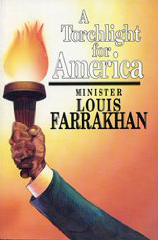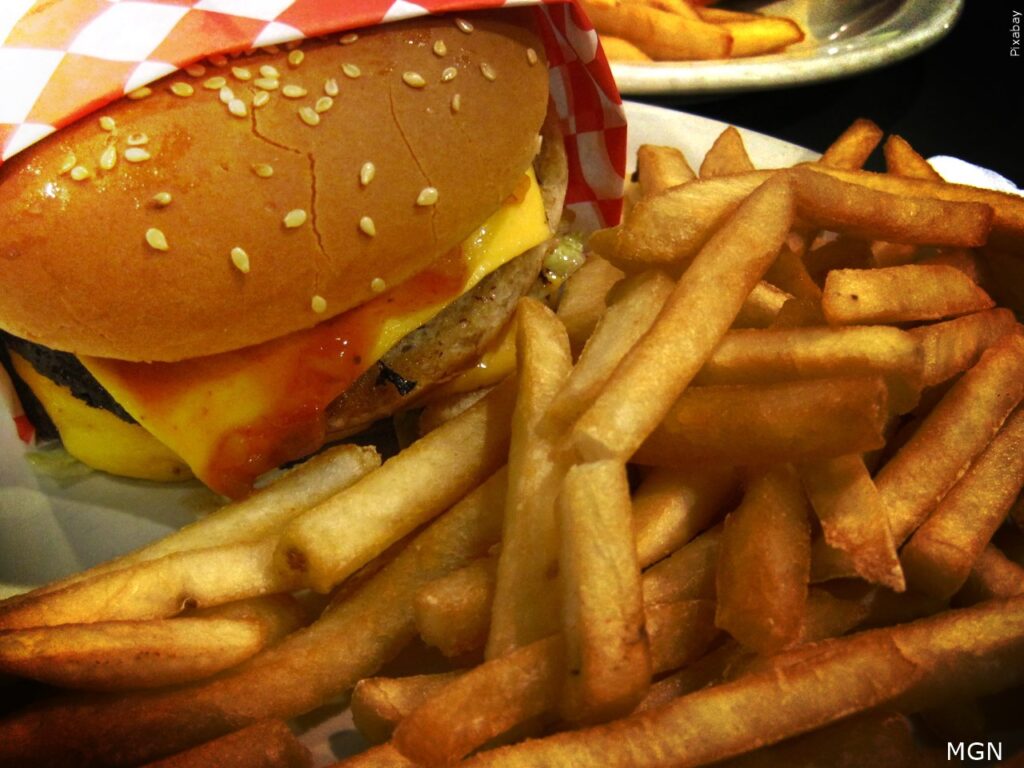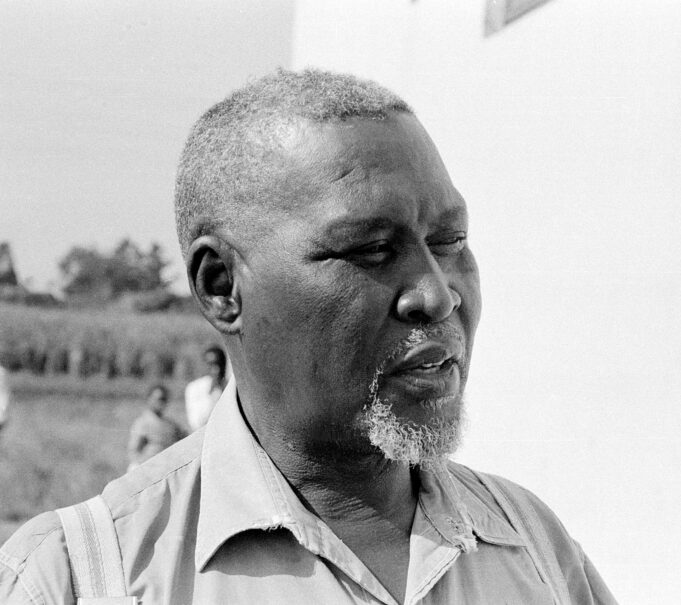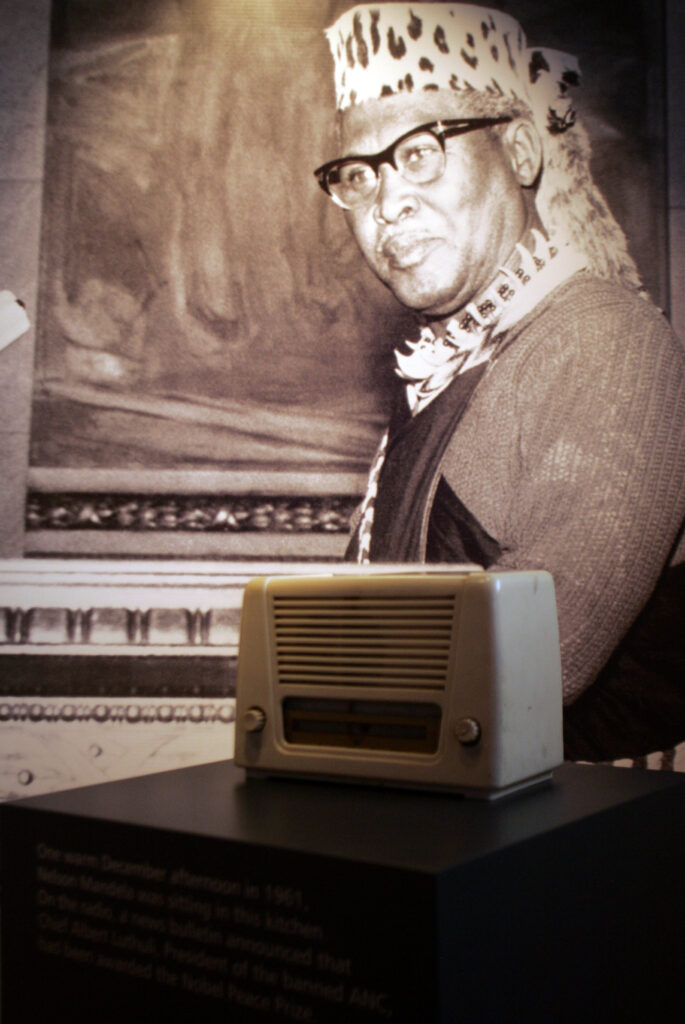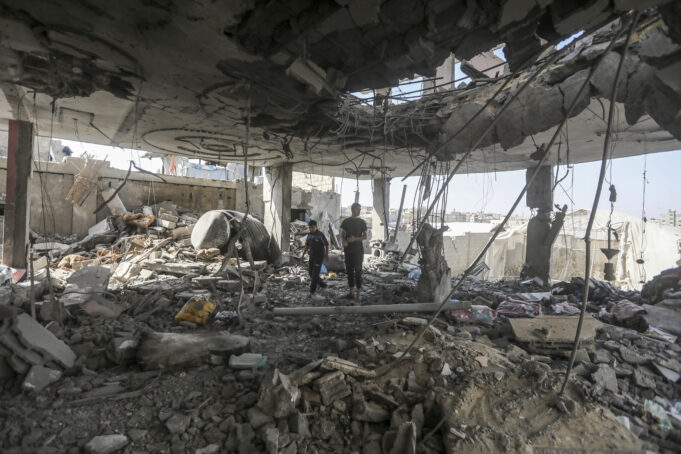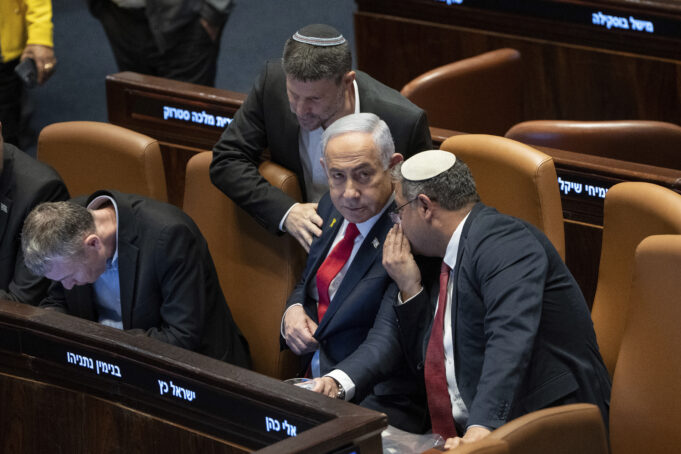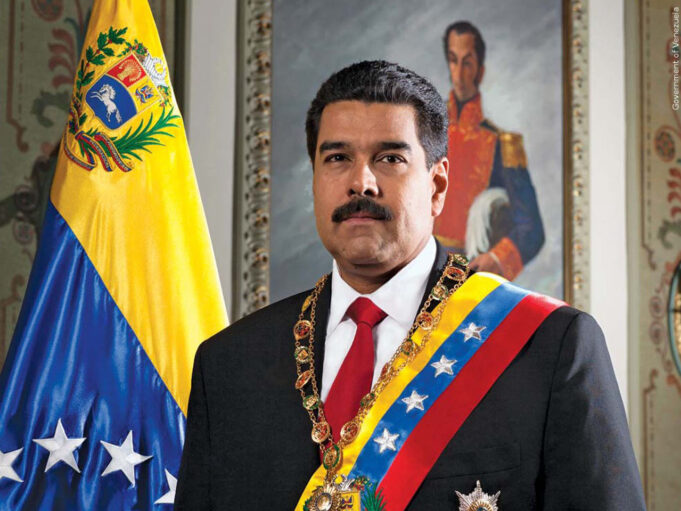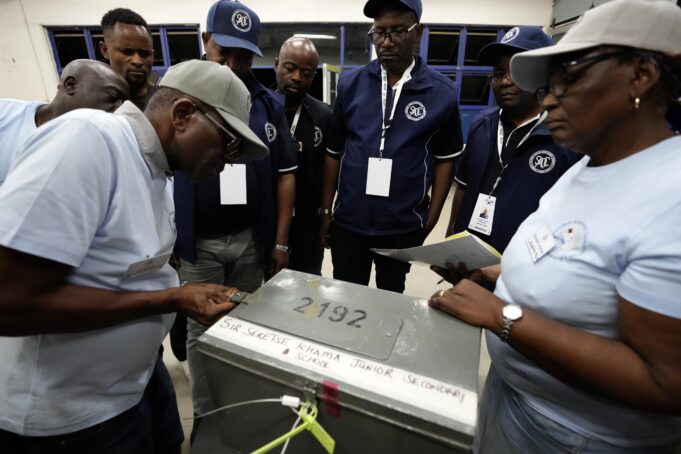Law is very important and the administration of law is as important as the law. For under law, Allah (God) created the heavens and the earth. There is nothing in this universe that does not function according to a law. The Honorable Elijah Muhammad taught me that God’s first law was motion. After you put something in motion, the second law is order. You have to bring what you put into motion under order. Allah (God) came and gave us order out of chaos. He gave us light out of darkness. He gave us activity out of inactivity.
The sun functions according to a law, as do the moon and the stars. But it is human beings that He created in His image and after His likeness, that He didn’t treat us as He treated the planets, the animals, the foul and the fish. He gave them a law and they cannot disobey. He also created us under a law, but He gives us free will. We can obey or we can disobey. If we obey, there are blessings. If we disobey, there are consequences and curses.
To be a judge is one of the highest callings of any human being, because to be a judge or a justice is to stand in the place of Allah (God), judging the affairs of men according to a law. The law that you use is a law that came from man. But the underpinning of the law that came from man is the law that came from Allah (God). How can I judge with man’s law and not be acquainted with Allah’s (God’s) law? How can I be a politician, knowing the art and the science of governance, and not understand the art and the science that Allah (God) uses to govern creation? Is it just a profession, or should I be more than just a lawyer—one who is a practitioner of the law?
And what does that have to do with character? Can I be bought? If I can be bought and I can be sold, then I can never represent true justice, because justice knows not who you are or what you are. Justice is according to truth. But what I find in human beings is that we are lazy in the search for truth. We are full of assumptions and theories. We are not diligent enough in our search for truth, but it is only on the basis of truth that justice and true judgment can be given.
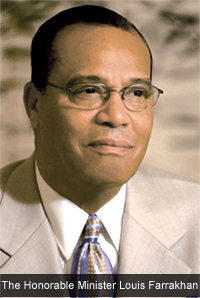
Allah’s (God’s) law renders all equal. David, the Psalmist, said, “I meditate on the law, night and day. The law is a lamp unto my feet.” How could I walk in darkness and know the law? If the law is a lamp unto my feet, then I walk a path that is a blessed path.
As I studied this Divine Law of our Creator, I saw that birth is a law. None of us get here except we come through the same process—sperm mixed with ovum in the right place at the right time. After fainting and pain and nine months, we come forward. The Holy Qur’an says, “You came forth out of your mother’s womb—complete yet incomplete.” And every human being that comes from the womb comes forth the same way. It doesn’t matter what your color is. It doesn’t matter what your station in life is. You could be rich or poor, Black or White, wise or foolish, all of us come here the same way. We are born into the world, the Holy Qur’an says, knowing nothing. And isn’t it something that when we are born, we speak a universal language?
Isn’t it something that every one of us—no matter who we are, how White we are, how Black we are, how rich we are, how poor we are, how wise we are, how foolish we are—if you came here through the law of birth, you must, at some time, experience the law of death. The law of death equalizes us all. And when we go out of the world, we go out speaking a universal language, making the same sound (expiration of last breath). But where the confusion comes is during the time of life.
Why should there be so much disparity during the time of life? It has something to do with law and politics. It has something to do with the lack of knowledge or our weakness in administering justice. It has a lot to do with our misunderstanding of the Word of God. It has a lot to do with our lack of understanding of life and the laws and principles that govern life. That’s why the scripture says, “My people are destroyed for the lack of knowledge.” We are not destroyed because we are White or we are Black. We are destroyed because we live in ignorance. Knowledge is a human need; knowledge is a human right.
Allah (God) has created no human being without giving that human being a bit of Himself. Allah (God) is excellent, so there is no human being that is mediocre. Every one of us are degrees of the manifestation of Allah’s (God’s) excellence. But every one of us has a need to discover what Allah (God) has put within and to nurture and cultivate it and put it into the service of ourselves, our family, our community, our nation, for the Glory of Allah (God).
The human being is the glory of Allah (God). But the glory of Allah (God) is like a dung heap that Allah (God) is ashamed of—undeveloped human beings; when we can go out into space and find things out there, but cannot go into the souls of human beings and mine out the richness of the human spirit. Something is wrong with a world that judges men by their color rather than the content of their character. Something is wrong in a world like this where you have to pay for justice; otherwise, you get somebody (a lawyer) that may not care for you. Something is wrong with a society that does not cultivate and develop the human beings that live within it, giving us the chance to be all that Allah (God) created us to be. And that’s why Jesus said, “I am the good shepherd.” Why do you have to put an adjective to describe your shepherding that is good? It is because we have been the victims of bad shepherding.
Something is wrong with a world like this, that from morning to night you sit in front of an ignorant box (television) looking at stupidity and foolishness, filth and decadence. Yet, you, as a judge, have to judge us because we are not properly trained; we are not properly cultivated, we are not properly educated. And now society says that we have no right to put a rod on the behinds of our children. That’s called “abuse.” But every one of you good justices, every one of you good lawyers know that your mother or your father was a dictator. You didn’t come into a democratic form of government. It was very authoritarian.
You now have policemen who have to carry a glock or 9mm (pistol) today. You’ve got a shotgun in the car at the ready. You’ve got a stick with lead in it. You’ve got mace and a stun gun. What is this? This is the animal kingdom. This is not cultured, civilized people!
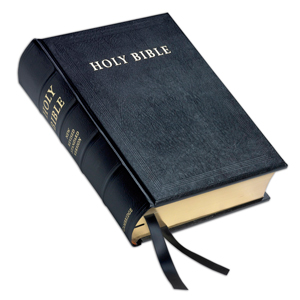
Before we get into your courtroom to send us away or to punish us, we need to look at this society and how this society has failed the people of America. We have been failed by coming into an educational system that has, at its root, White supremacy. How can that be proper education, when it makes White people think they are better because they are White and makes Black people think we are inferior because we are Black? That makes both people sick.
As I sat here this morning, looking at you in your robes, I wondered, “What does that robe mean?” The blackness of the robe symbolizes the universal darkness (of the womb) out of which we all came. And as your head comes up out of that robe, your head represents light coming up out of darkness. Without the light, you cannot give justice. I’m not talking about the light of your law school. The law school has darkness in it, because we come out of law school with a mind for profit, not with a mind for cultivating society and making society just, fair and equitable.
I don’t think judges should be appointed by politicians, because when a politician helps put you where you could not ordinarily go, then sometimes they expect favors from you that may not necessarily be justice. Anybody that corrupts a judge ultimately undermines the whole fabric of the society and ultimately destroys the nation. There is no act of corruption that does not bring its consequences, either today or tomorrow. We all pay for corruption. We pay for corruption from the pulpit. We pay for corruption in the schoolhouse. We pay for corruption in the courthouse. We pay for corruption in the business arena. Wherever there is corruption, it brings a price, and ultimately the society comes down.
How do we fix this? In my humble judgment, we have to know that whatever we have, whatever we are, is from a Source bigger than the governor or the president or the mayor or the high potentates. What I have, no mayor gave me. What I have, no governor gave me. What I have, no president gave me. So, they can never take from me what they didn’t have the power to give me in the first place. Therefore, I am un-bought. You cannot buy Farrakhan. You cannot make me bow down to anything or anyone but Allah (God), because nothing or no one gave me what I have but the Lord of Creation.
There are people that don’t like me. Why don’t you like me? What have I done? I’ve never been in your courtrooms. I soon will be 70 years old and I’ve never been arrested in my life. I respect humanity, all humanity, but my passion is justice. And my passion is truth.
Thank you.




